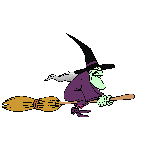 Andy's
Antiques Page.
Andy's
Antiques Page.

CHAIRS
 Andy's
Antiques Page.
Andy's
Antiques Page.

CHAIRS

one of a pair of country Mahogany Sheraton style chairs c1800. |

Elm Provincial Hepplewhite chair c1790 |

New Zealand chair, native timber made by an early settler c1840 has beautiful ware on the front rung. |

Country farm house Chippendale Elm chair c1775 |

Regency Elbowchair mahogany c1810 |

Windsor chair c1840 one of three |
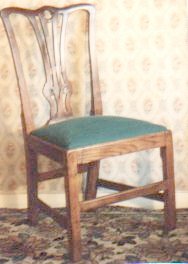
Another Provincial chair in the Chippendale style Elm c1780 |
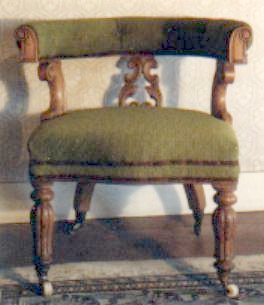
oak Library chair c1835 the front castors are not original they should be brass like the back ones which are original |

George I style fruitwood chair C1725 |
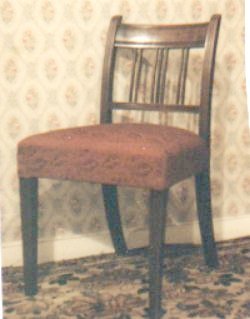
mahogany Sheraton chair c1800. |

mahogany Hepplewhite chair c1780 the front lege have spade feet which the photo doesn't show very good |
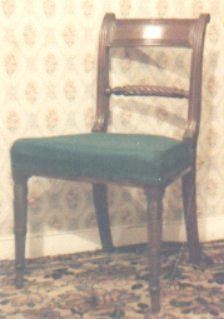
mahogany Sheraton chair c1810, the rope type rail was brought in to commemorate the death of Admiral Lord Nelson in 1805. |
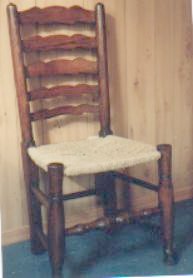
Ladder back chair c1790 |
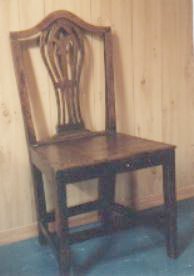
Country Hepplewhite Elm chair c1780. |
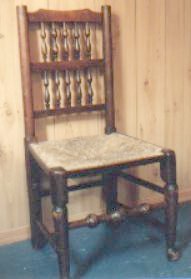
spindle back chair c1790. |
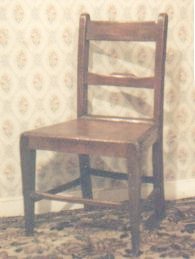
Farmhouse Cottage Chair pine c1820 |

Walnut Restoration Chair c1670 |
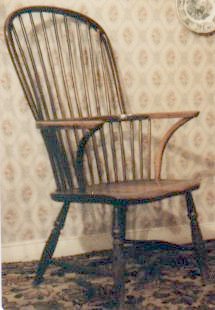
Windsor ElbowChair c1790 |
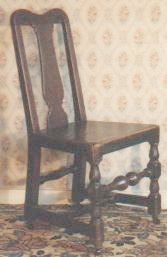
Oak Chair c1695 |
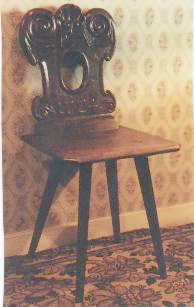
Walnut Chair 1724 poor photo but has the date carved into back it would have been made in one of the middle European countries |
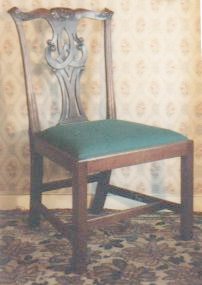
Provincial Chippendale Mahogany Chair c1755 |
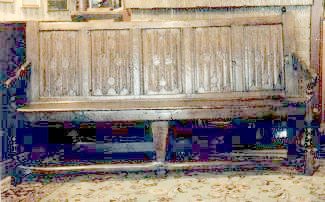
It is not exactly a chair but you can sit on it. Oak linenfold back settle c1640. from 1600 linenfold was out of date this settle was most likely made by a country carpenter who had some linenfold lying around in his workshop. |
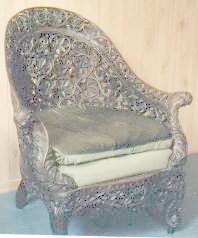
carved arm chair Chair made in India for an English settler it must have taken months the wood is very heavy (ebony)? c1855 |
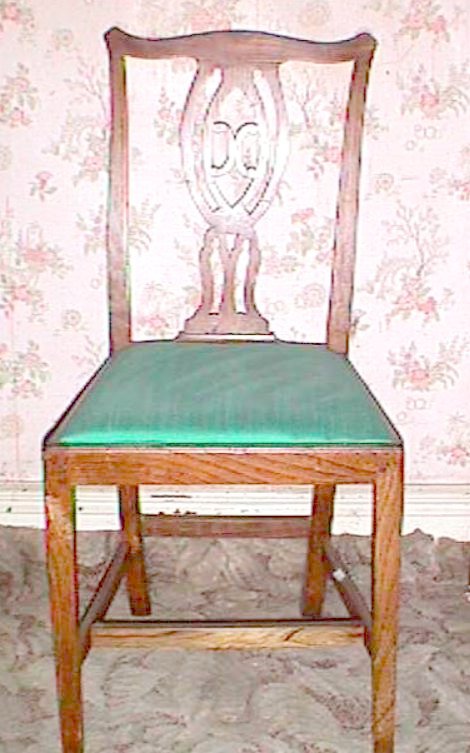
Provincial Chippendale style chair c1815 |
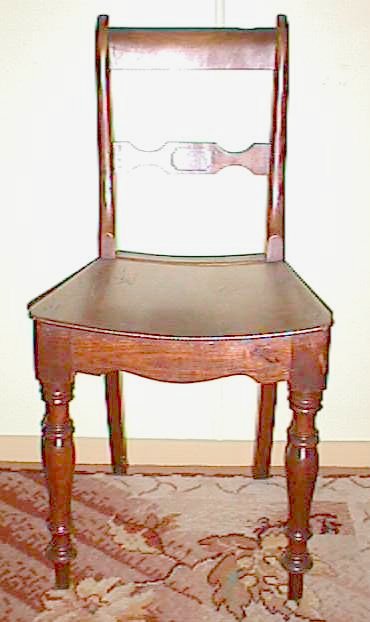
one of a pair of Cottage Sheraton style Fruitwood chairs c1835 I saw them in a real junky junk store at under $100 |
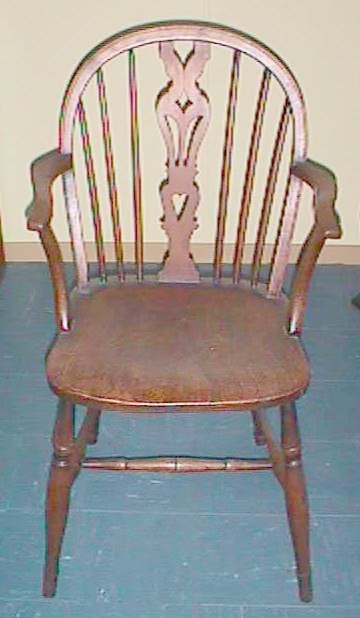
Windsor Elbowchair c1830 |
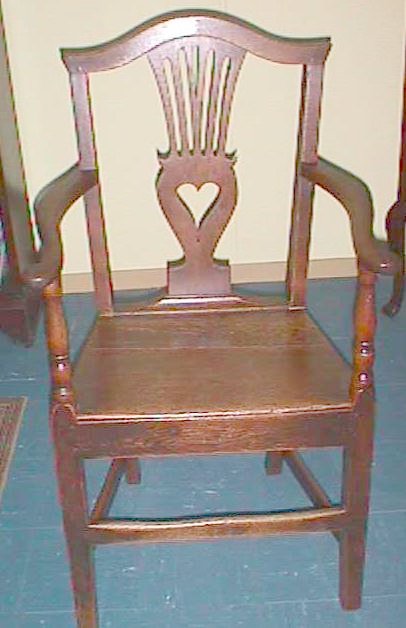
Elm cottage Elbowchair with traces of Chippendale & Hepplewhite made by Village carpenter c1800. |
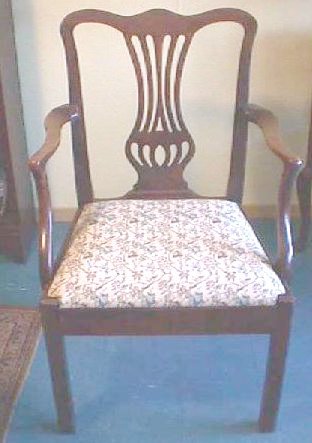
Mahogany Elbowchair Chippendale c.1775 front view |
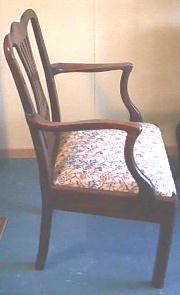
A side view of the same chair. |
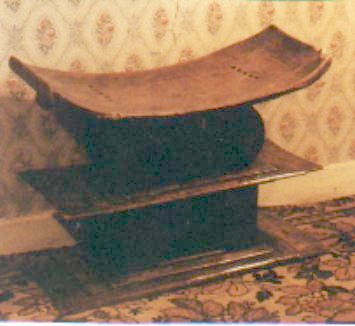
19th. century African Ashanti tribal Chiefs Stool taken home by an English soldier as a souvenir from the Ashanti wars of the 1880s |
That's all for now.
![]()
Thank you for visiting me,
please come again.